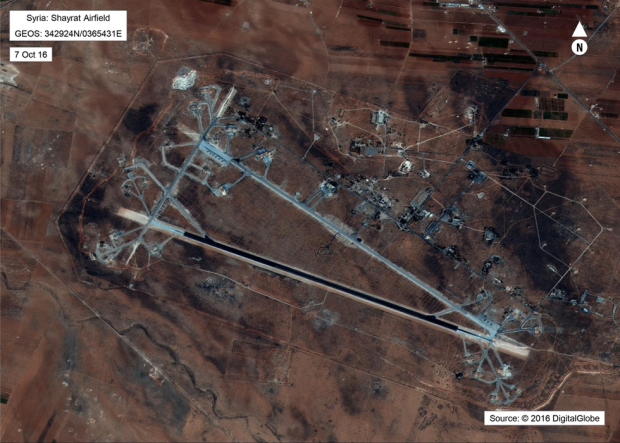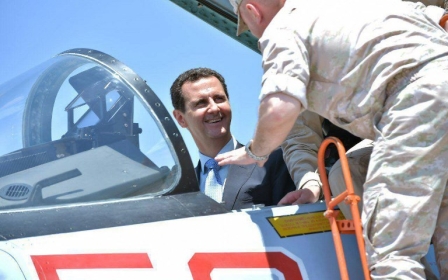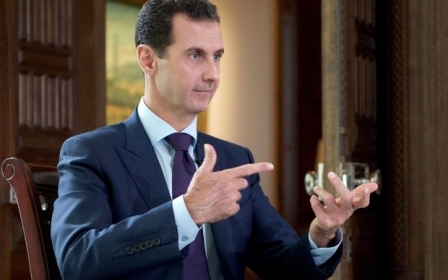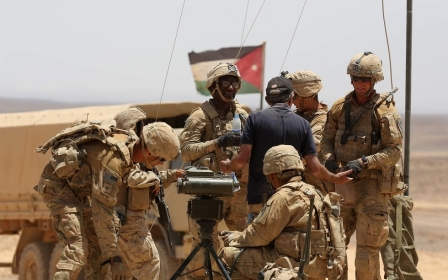Syria 'heeded warning' on chemical attack, says US defence chief
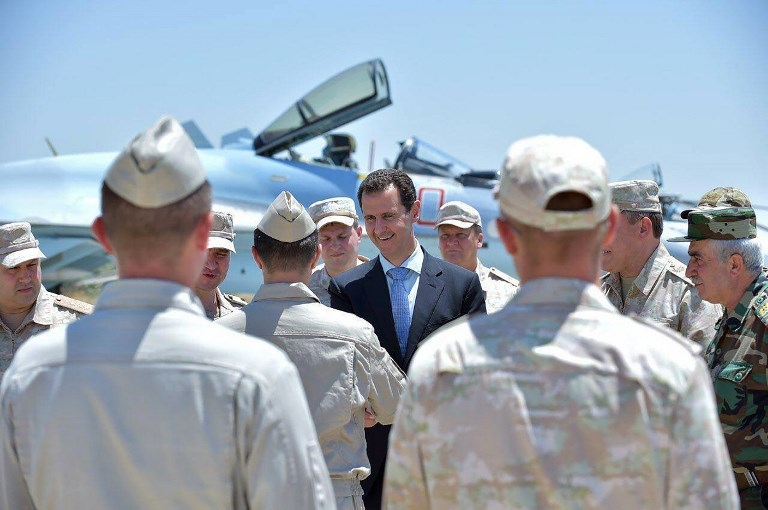
Syria appears to have heeded a US warning against staging any new chemical weapons attack as no such action has been launched, US Defence Secretary Jim Mattis said on Wednesday.
"It appears that they took the warning seriously," Mattis told reporters flying with him to Brussels for a meeting of Nato defence ministers. "They didn't do it."
Asked whether he believed Syrian President Bashar al-Assad's forces had called off any such strike completely, Mattis said: "I think you better ask Assad about that."
White House spokesman Sean Spicer warned on Monday night that if "Assad conducts another mass murder attack using chemical weapons, he and his military will pay a heavy price."
Russian Foreign Minister Sergei Lavrov said on Wednesday that Moscow would respond "in proportion" if the US takes military action to prevent what it says could be a chemical attack by Syrian government forces.
"We will react with dignity, in proportion to the real situation that may take place, Lavrov said.
Speaking at a news conference with his German counterpart, Lavrov said he hoped that the United States was not preparing to use its intelligence assessments about the Syrian government's intentions as a pretext to mount a "provocation" in Syria.
"I expect that our partners in the region - American, European - will also have an open and comprehensible approach, aimed at de-escalation through normalisation of the humanitarian situation," Lavrov said.
The American warning came after US intelligence noticed suspect activity at the airbase used to launch a suspected chemical strike two months ago.
"I think the president speaking about (these preparations) says how seriously we took them. He wanted to dissuade them," Mattis told reporters as he flew into Brussels for a Nato defence ministers meeting.
The 4 April attack on the rebel-held town of Khan Sheikhun was reported to have killed at least 87 people, including many children, and images of the dead and of suffering victims provoked global outrage.
Washington launched a retaliatory cruise missile strike days later against the Shayrat airbase - the first direct US action against Assad's military, which denies any use of chemical weapons.
When asked how he knew Trump's warning had worked, Mattis said: "They didn't do it," a reference to the fact no chemical strike had occurred since Monday.
At the same time, Mattis cautioned that "Assad's chemical programme goes far beyond one airfield."
Russia dismissed the White House assertions that a strike was being prepared as "unacceptable".
On Tuesday, Assad visited the Russian air base, Hmeimem, situated in the Syrian coastal province of Lattakia.
He inspected the equipment, according to the Syrian state news agency, SANA, and wrote in the visitor’s book a message of thanks to the Russian people: ““Russia provided weapons and ammunition to support Syria in its war against terrorism, but more importantly it provided blood as well, which is the dearest thing a human can offer to his fellow human.”
US spy planes have been gathering intelligence off the coast of Syria over the last week, Haaretz reported on Wednesday, citing a report on The Aviationist website.
New MEE newsletter: Jerusalem Dispatch
Sign up to get the latest insights and analysis on Israel-Palestine, alongside Turkey Unpacked and other MEE newsletters
Middle East Eye delivers independent and unrivalled coverage and analysis of the Middle East, North Africa and beyond. To learn more about republishing this content and the associated fees, please fill out this form. More about MEE can be found here.


